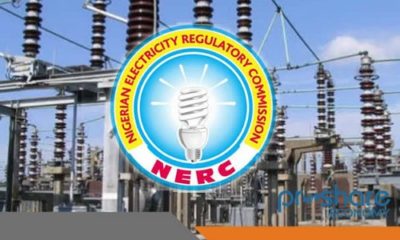Energy
‘Abrupt removal of subsidy will fuel chaos’- oil workers tells Buhari

By Kunle Kalejaye
LAGOS-Petroleum and Natural Gas Senior Staff Association of Nigeria, PENGASSAN has warmed the new government that abrupt removal of fuel subsidy would lead to economic chaos noting that deregulation policy should be based on increase local production refined petroleum products rather than importation.
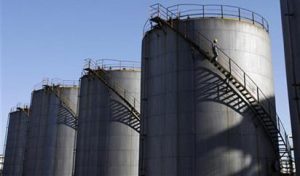 The senior staff union argued that if local refining is not increased to meet local demand for petroleum products especially for Premium Motor Spirit, PMS (petrol), removing subsidy on the products will bring more hardship on Nigerians.
The senior staff union argued that if local refining is not increased to meet local demand for petroleum products especially for Premium Motor Spirit, PMS (petrol), removing subsidy on the products will bring more hardship on Nigerians.
In a statement signed by PENGASSAN National Public Relations Officer, Comrade Emmanuel Ojugbana, the association said removing subsidy while the country depends on importation of refined petroleum products will make their prices out of reach for Nigerians thereby causing inflation.
Restating the position of the trade union, Comrade Ojugbana said that importation of refined petroleum products is a major drain on the nation’s revenue, adding that it creates jobs for the refining nations in spite of the high unemployment rate confronting Nigeria.
“Importation of refined petroleum products is also putting the Naira under undue pressure and creating social problems for the economy. This is unacceptable to PENGASSAN.
“Abrupt removal of fuel subsidy will create chaos that may ground the economy. PENGASSAN calls for well-coordinated measures with timeline to achieve self-sufficiency in local refining as a means of proffering acceptable steps to end fuel subsidy.
“This should be combined with such other measures for effective optimization of gas especially for domestic, industrial, electricity and automotive energy. Such will create other affordable and friendly sources for energy needs.”
He therefore called on the government to declare a state of emergency in the downstream oil and gas sector and convene an all-stakeholders forum to come up with concrete and sustainable steps with reliable timeline for achieving demand-supply equilibrium through local refining. The strategy must be to guarantee a total stoppage of both petroleum products importation and fuel subsidy.
He noted that Nigerians expect that relying on the resources that the nation is endowed with; the country should be able to provide refined products at reasonable and affordable prices to the populace, adding that this could have been possible if local refining capacities are enhanced.
Comrade Ojugbana explained that both the government and industry operators had always yearned to promote competition and efficiency but failed to assure on how to enhance local refining capacity to contain local demand.
“Government is thus persistently confronted with import parity pricing and the burden of subsidizing the imported fuel instead of locally refined products. As an important stakeholder in the sector, we oppose the petroleum products importation regime, which is rent seeking and indeed a drain devise that is inimical to our economic and social empowerment.
“It is affecting our self-dependence and means of job creation. Thus, we maintain our unwavering belief in local refining.”
He stated that PENGASSAN strongly subscribe to the retention of the state-owned refineries in the best interest of the Nigerian nation and for economic security, adding that this is in keeping with OPEC’s principle that member countries should hold good grip of the commanding height of their economy.
“PENGASSAN maintains strong objection to the privatization of State-owned Refineries as the OPEC principle is being cautiously guided by other OPEC member countries.”
Energy
Sahara Group Urges More Refining, Storage To Boost Africa’s Downstream
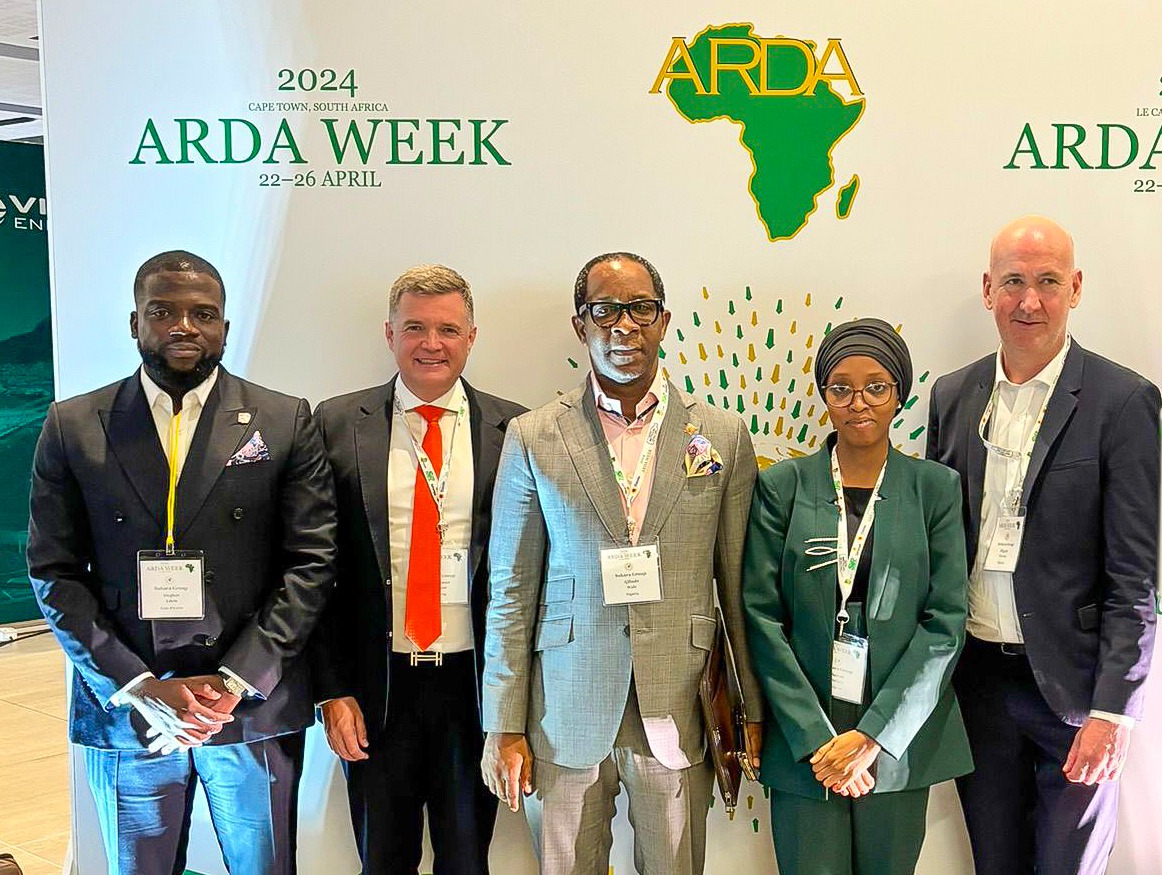
Inadequate refining capacity, insufficient storage, and impeded product movement across Africa are the three major impediments slowing the growth of the continent’s downstream oil sector, Wale Ajibade, Executive Director, Sahara Group has said.
Ajibade expressed his views in a paper “Africa Downstream Market Developments and Forecast” presented at the recently concluded Africa Refiners and Distributors Association (ARDA) Week 2024 in Cape Town, South Africa.
He maintained that addressing these gaps would transform Africa’s downstream petroleum industry.
Biztellers reports that the ARDA Week 2024 is Africa’s foremost gathering of stakeholders in the downstream oil industry.
Ajibade noted that shoring up the continent’s refining capacity was critical to sustaining efficiency, availability and accessibility in the sector.
He explained that as Africa explored ways of achieving hitch-free energy transition, efforts must be made to ensure optimisation of the sector’s value responsibly and collaboratively.
In his words, “Many African countries lack sufficient refining capacity to meet domestic demand, leading to heavy reliance on imports. This lack of self-sufficiency leaves these markets vulnerable to supply disruptions.
“Addressing this would require fresh investments and collaboration across the sector’s value chain.”
On insufficient storage infrastructure, Ajibade pointed out that this has continued to hamper the ability to maintain strategic reserves and ensure reliable supply during times of high demand or supply chain disruptions.
“In East Africa, shippers at Beira, Dar es Salaam and Mombasa — the key entry ports for refined products — are experiencing significant demurrage. Ageing and poorly maintained pipeline networks result in significant product losses and distribution bottlenecks,” he stated.
According to him, a collaborative solution which involves regulators, operators, investors, financial institutions, and government owned oil companies is required to help the African downstream sector to reach its full potential and provide reliable and affordable energy access to the continent’s growing population.
“Africa’s downstream Market leaders will need to work closely with her the various governments and agencies to carefully navigate the complex challenges through regulation and technology adoption while pushing for sustainable growth across Africa,” he added.
He also stated that the continent increasingly relied on imports of refined products to support consumption growth, primarily due to the underutilisation of existing refineries caused by technical issues.
He called for, “Investments in refinery upgrades, pipeline modernisation, and the construction of new storage facilities will be crucial to overcoming these challenges and unlocking the region’s energy security and economic development.”
Highlighting some positive trends in the sector, Ajibade said the African downstream market is experiencing rapid growth and transformation, driven by soaring energy demand, population growth, and the focus on industrialisation, urbanisation, and economic He explained that these would drive the demand for refined petroleum products, petrochemicals, and related downstream services is forecasted to grow by up to 30% by 2040.
“Africa is experiencing a lot of migration from rural to urban areas. In 2015, Africa had only six cities with more than five residents compared to 17 expected in 2030. Africa has experienced an increase in the number and capacity of industries across the continent, with industrial GDP set to double by 2025,” he said.
On the promotion of regional and cross-border trade, Ajibade noted that initiatives such as the African Continental Free Trade Area are promoting regional integration and facilitating cross-border trade in downstream products.
“This is encouraging investments in integrated downstream assets, logistical infrastructure, and harmonised regulatory frameworks to capitalise on the expanded market opportunities,” concluding that production of chemicals, plastics, lubricants, and specialty products would foster self-sufficiency and spur economic growth through increased job creation, reduced import reliance and enhanced technological innovation,” he added.
Energy
NNPC Ltd, Partner Unlock 12,000bpd Production From Awoba Unit Field
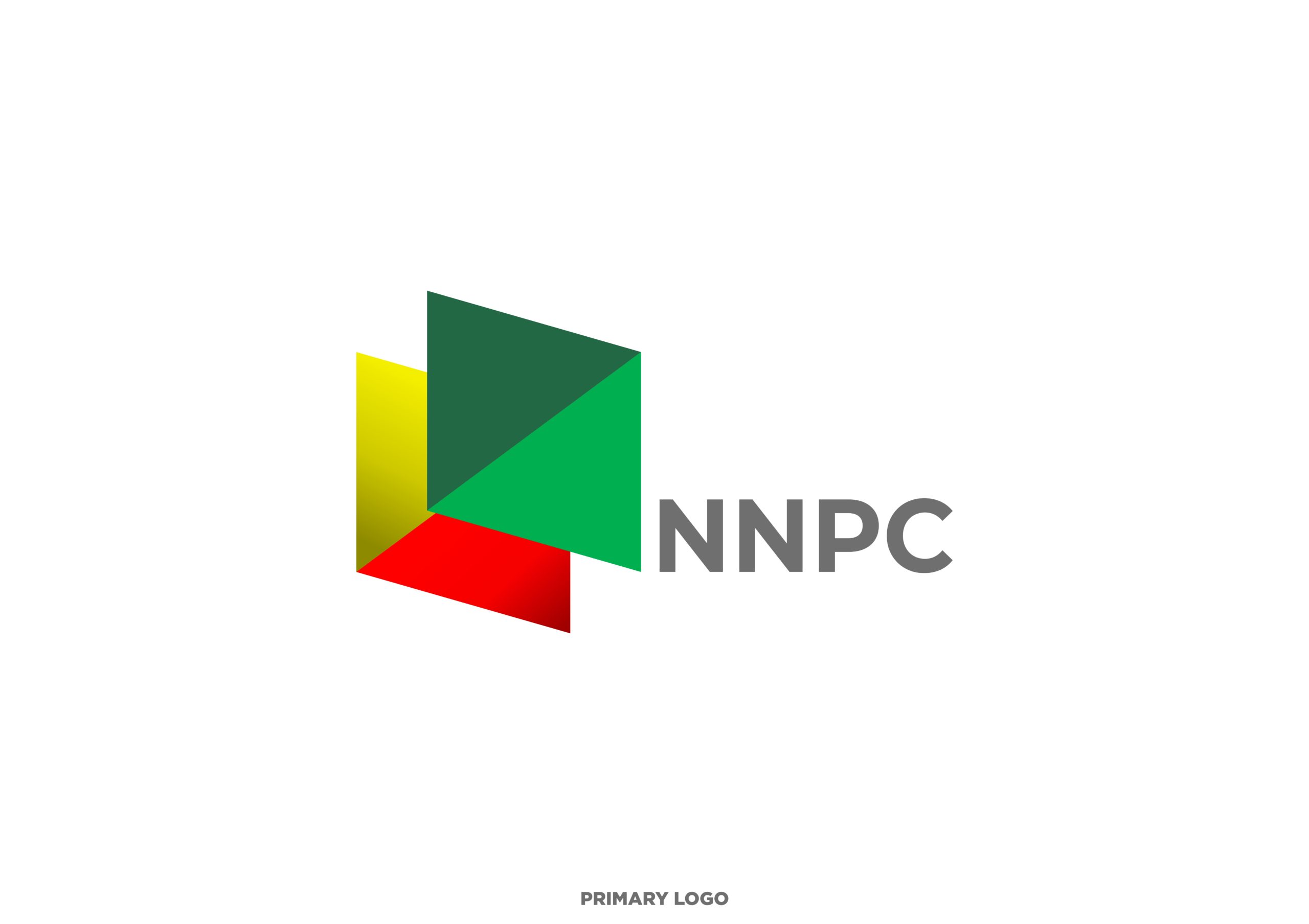
Keen on optimising production from the nation’s hydrocarbon assets to boost revenues and meet her OPEC production quota, the Nigerian National Petroleum Company Limited (NNPC Ltd.) and its Joint Venture partner in the Awoba Unit Field, Newcross Exploration and Production Ltd., have restarted production from the Awoba field which last contributed production to the Bonny Terminal in 2021 and was finally shut down in February 2022 due to evacuation issues and crude oil theft.
This was contained in a statement put out on the state oil company’s X handle on Tuesday from Abuja, under the signature of its Chief Corporate Communications Officer, Olufemi O. Soneye.
He asserted that since the restart of the Awoba field by NNPC Ltd and it partners on April 13, 2024; production from the field has averaged 8,000 barrels per day and is expected to plateau at 12,000 per day at full ramp up within 30 days.
Awoba is also expected to significantly boost gas supply to the power sector and other gas-based industries, Soneye added.
Biztellers reports that the Awoba Unit which straddles OMLs 18 and 24 is located in the mangrove swamp south of Port Harcourt, Rivers State. Both OML 18 and OML 24 assets are under the management of the NNPC Upstream Investment Management Services (NUIMS).
Recall that the NNPC Ltd. has been recording a string of production successes from the JV portfolio which have significantly lifted overall national production. Besides the recent start of production at the Madu Field by the NNPC Ltd/First E&P JV, the company has achieved the restart of production at OMLs 29 and OML 18 in late 2023 which have steadily contributed an average of 60,000bpd to the nation’s production output since their restart.
The Group Chief Executive Officer of NNPC Ltd., Mallam Mele Kyari, ascribed the achievement to the President Bola Ahmed Tinubu administration’s success in providing enabling operating environment for businesses to thrive.
He expressed appreciation to all stakeholders (staff, operators, host communities, government security agencies, and private security contractors) who played a pivotal role in achieving the feat.
Energy
NNPC Ltd, First E&P Achieve 20,000bpd Production At OML 85
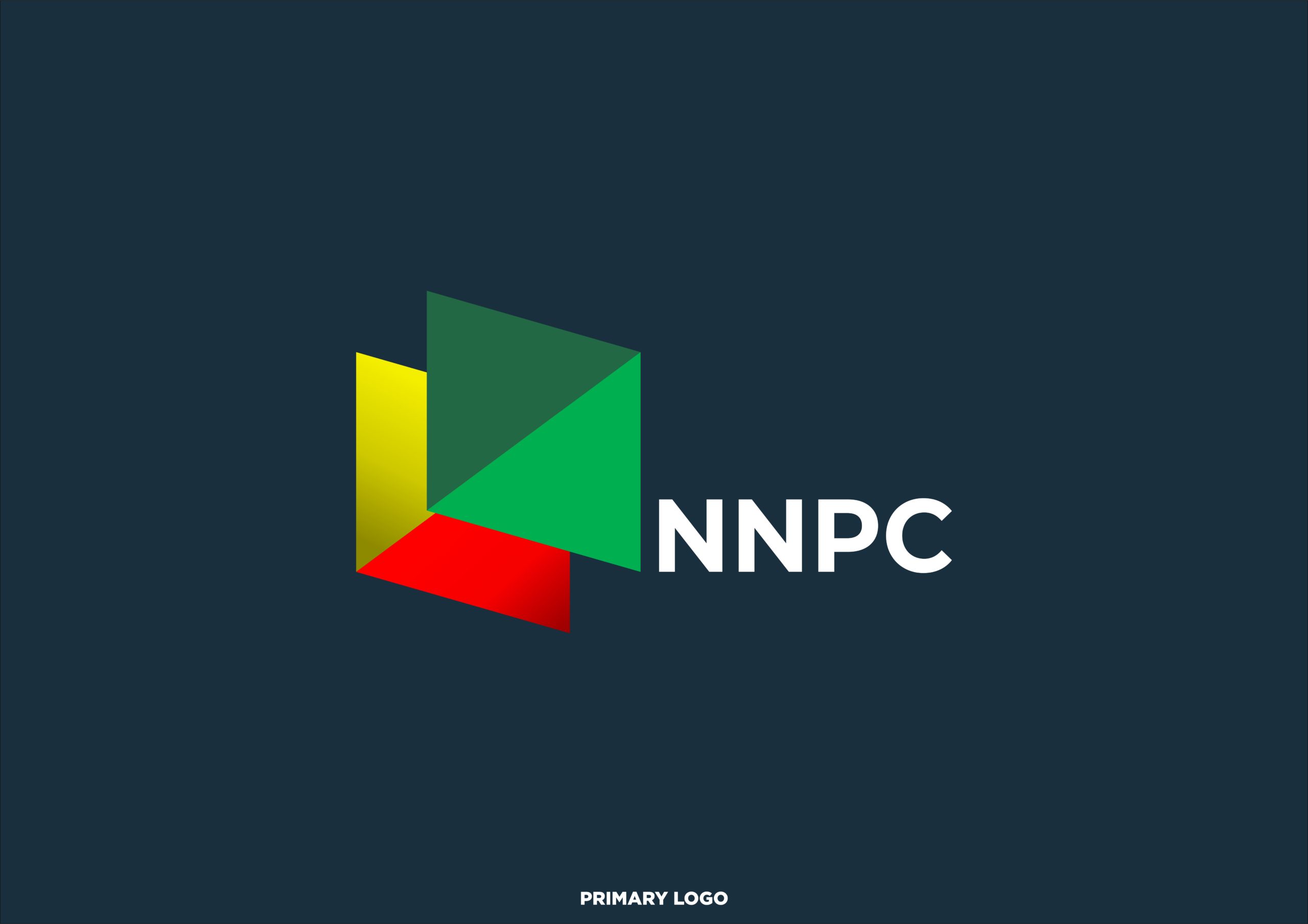
The Nigerian National Petroleum Company Limited (NNPC Ltd) and its Joint Venture partner in OML 85, First Exploration and Petroleum Development Company Limited (First E&P), have commenced oil production from the asset also known as Madu Field.
Biztellers reports that production from the field which is located in shallow waters offshore Bayelsa State and operated by First E&P is expected to be at an average of 20,000 barrels per day.
The achievement is a testament to the commitment of the President Bola Tinubu administration to optimise production from the nation’s oil and gas assets through the provision of enabling environment for existing and prospective investors.
According to the Group Chief Executive Officer of NNPC Ltd, Mele Kyari, the commencement of oil production at the Madu Field is a significant milestone that will contribute to the larger goal of meeting the production required to drive revenue growth and boost the nation’s economy.
He commended stakeholders for their support, and opined that the addition of 20,000 barrels per day by an indigenous oil player signals the commitment of stakeholders to achieving economic development for Nigeria.
Recall that the Final Investment Decision (FID) on the development of the Madu Field and a sister field, Anyala, was taken by the NNPC Ltd/First E&P JV in 2018.
Production from the Madu Field will be processed at the JV’s Abigail-Joseph Floating Production Storage and Offloading (FPSO) Unit, which has a crude oil storage capacity of up to 800,000bbls.



